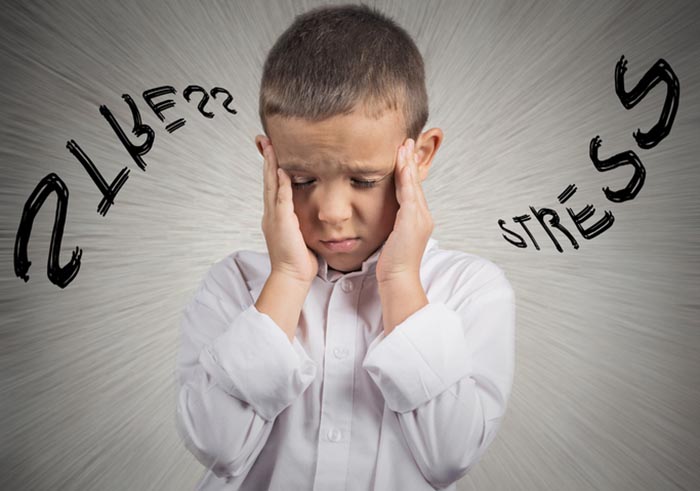ADD (Attention Deficit Disorder) and ADHD (Attention Deficit Hyperactivity Disorder) are controversial subjects and are likely to remain so for decades to come. The main reason is the divide between the real life situations and problems individuals experience and the statistically generalized and oversimplified understanding of this complex condition.
Symptoms of ADHD are defined in the DSM-IV (Diagnostic and Statistical Manual of Mental Disorders Fourth Edition) in a categorical way. This is convenient for research, but in real life, ADHD signs vary in a multitude of ways, and the following facets are different in each individual:
- The combination of symptoms
- The severity
- The cause
- The subjective attitudes of those assessing the disorder
- The personal experience of the person who has disorder
ADHD drug treatment versus non-drug therapy is a hotly debated topic. Some people believe that ADHD is a made up illness and that parents that treat their children with ADHD medications are poisoning them. Other people believe that not treating ADHD with medication is irresponsible. The debate in the community in terms of for and against ADHD drug treatment can be contentious and divisive. At best, these debates are enlightening and helpful, but on the other hand, worst they are mean-spirited, cynical, and ugly.
As with most opinions, both sides have good points to make but getting one camp to objectively look at the other camp’s point of view is not easy. There is a good reason for this. Flexible thinking is an executive function skill and it does not come easily to people with ADHD. Some believe that you either believe in treating ADHD with drugs or you don’t and there is no room for shades of gray in this debate.
I once challenged someone to consider thinking about ADHD treatments in a more nuanced way, and the response that I got was, “Shades of gray advice is irresponsible because it confuses parents of kids with ADHD into thinking that they can treat their kids with homeopathy and health food store remedies, and other treatments that don’t work.” I believe this attitude to be patronizing. It assumes that parents of kids with ADHD cannot understand a message that is not black and white.
I am a healthcare worker, and I know for a fact that patients and parents can understand “shades of gray” healthcare advice. Medicine is an art as much as a science, and there are many health conditions where the advice being given depends on individual factors and where a “one size fits all” treatment plan is not always helpful. Medical treatment advice must be clearly explained, the treatment response must be monitored, you must be available to answer questions regarding the treatment, and most importantly, you need to avoid patronizing people that you are trying to guide and advise.
It is my belief that many patients benefit from ADHD medications and that the majority of patients will get most ADHD symptoms lessened from a combination of ADHD drug treatment and therapy. Sole drug therapy is not right, not relying on medications at all is not responsible. You need to make use of the resources available to you to get a handle of the symptoms you or your child faces on a daily basis.
The majority of patients with a diagnosis of ADHD are not on any treatment. Of all the patients who have been prescribed a medication, two-thirds of them, despite debilitating ADHD symptoms, stopped taking their prescription medication after a year after. Some will stop because of its side effects, while others will think the meds are not doing anything for them. But stopping a treatment with no consultation or guidance is never a good idea.
Patients who cannot or will not take their prescription medication, you always have other treatment options to try out. Fortunately, other ADHD treatments exist that complement or sometimes even replace western medicine ADHD drug treatments. Many non-drug therapies better prepare people with ADHD for daily challenges such as focus issues, organizational skills, social problems, and impulse control. Parents are encouraged to educate themselves regarding these other treatments.
Featured Image Source: Thinkstock/GreenApple78
Posted on February 15, 2023




